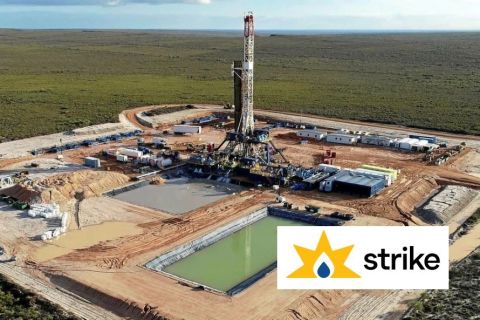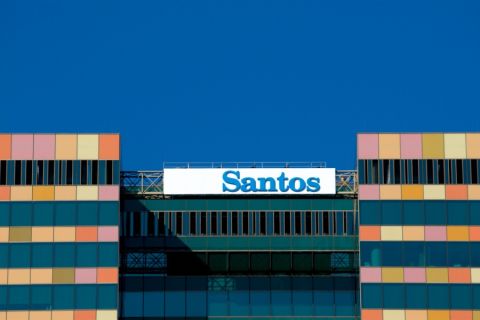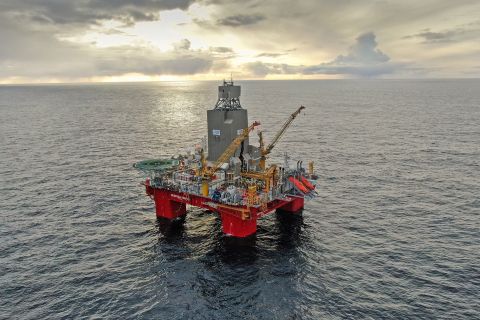The restructuring that has occupied executives at The Williams Cos. for months is not the first the Tulsa company has undergone since its founding in 1908-but it is no doubt the most dramatic and far-reaching. Since 2001, Williams has sold $4.6 billion of assets and announced so far this year that another $3.6 billion of assets will be sold. It has issued $1.1 billion of equity and reduced the workforce by 41% since year-end 2001. Williams plans to exit its troublesome energy marketing and trading segment and has reduced that staff 70%. "It was like landing three jets on the same aircraft carrier at once, all of them coming in from different directions," Phillip D. Wright said in a recent Houston presentation. As senior vice president and chief restructuring officer since October 2002, he knows many of the assets well. He was previously chairman of Williams Energy Partners LP, which was sold this June to a group of private equity firms for $1.1 billion in cash and assumed debt. He also was president of Williams Energy Services since February 2001, and joined the company in 1989. Williams has returned to its core businesses: interstate natural gas pipelines, gas gathering and processing, and exploration and production of oil and gas. "I call it the non-crash of a fallen angel," Wright told Houston Producers' Forum members. "I say that because we did not go into Chapter 11. It's great to be among the living, but we had to go through an arduous trajectory to avoid going into Chapter 11." As its stock fell and its debt was downgraded, Williams was unable to renew a $2.2-billion, unsecured revolving credit. By July 22, 2002, its debt was downgraded to junk status. Counterparties demanded assurances of $500 million; suppliers and vendors demanded prepayments or letters of credit. "We did not have the cash and realized we had to get busy because an $800-million debt payment was coming due later that summer. We immediately began renegotiating the credit and accelerating asset sales. And we hired Lehman Brothers as a strategic advisor." Williams executives sprung into action, with Alpha Team in Tulsa working literally 24/7 through July 2002. A Lehman team bivouacked in One Williams Center in Tulsa to perform "cash triage" and assist in asset sales. Meanwhile, another team, dubbed Delta, was in New York preparing documents for a possible debtor-in-possession Chapter 11 filing if that ended up being the only solution. Wright called this time "hell week." It was marked by marathon conference calls between Tulsa and New York. Employees slept in offices for a couple hours between all-night sessions. He said he did not go home for several days. "We were trying to avoid a fire sale, but when your house is on fire, you don't have much choice," he said. "It was extremely complicated. We needed to hunt for collateral, procure financing, sell our refineries, negotiate with bankers and asset buyers...we literally got into positive numbers day by day and we reduced the capital assurances required by a third." The process took several twists and turns, including some asset buyers backing out days or hours before closing, or pipeline sales being held up while waiting on approval from the Federal Energy Regulatory Commission. And as the specter of bankruptcy loomed, buyers would not take cash-for-stock deals. Liquidity was in jeopardy. With a deadline of July 31, 2002, Lehman Brothers and Warren Buffet's MidAmerican Energy Holdings stepped in to rescue an E&P-backed loan and talk a recalcitrant bank back into a deal. At 5 p.m. that day, the banks finally said they were satisfied, and Williams received $3.4 billion from various closings. The lessons learned? "Triple-B companies cannot afford $6-billion dry holes. We tried to catch lightening in a bottle twice, and could not," said Wright. "You can't engender loyalty in a crisis-you've got to earn it now, beforehand. You've got to have people who are cleanly in your camp. Don't get hung up on hierarchy-we had open communication lines and heard some of the best ideas from junior people. You need frequent all-hands meetings so all the right people know all the problems in real time. "And you can't have your balance sheet stretched so tightly that you can't take a sucker punch once in a while." -Leslie Haines
Recommended Reading
US Drillers Add Oil, Gas Rigs for First Time in Five Weeks
2024-04-19 - The oil and gas rig count, an early indicator of future output, rose by two to 619 in the week to April 19.
Strike Energy Updates 3D Seismic Acquisition in Perth Basin
2024-04-19 - Strike Energy completed its 3D seismic acquisition of Ocean Hill on schedule and under budget, the company said.
Santos’ Pikka Phase 1 in Alaska to Deliver First Oil by 2026
2024-04-18 - Australia's Santos expects first oil to flow from the 80,000 bbl/d Pikka Phase 1 project in Alaska by 2026, diversifying Santos' portfolio and reducing geographic concentration risk.
Iraq to Seek Bids for Oil, Gas Contracts April 27
2024-04-18 - Iraq will auction 30 new oil and gas projects in two licensing rounds distributed across the country.
Vår Energi Hits Oil with Ringhorne North
2024-04-17 - Vår Energi’s North Sea discovery de-risks drilling prospects in the area and could be tied back to Balder area infrastructure.



